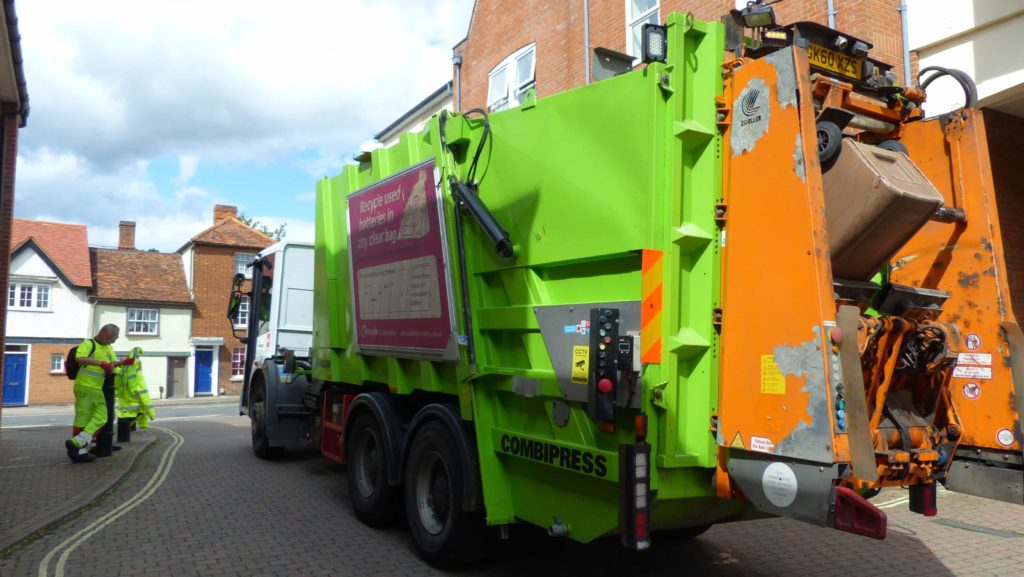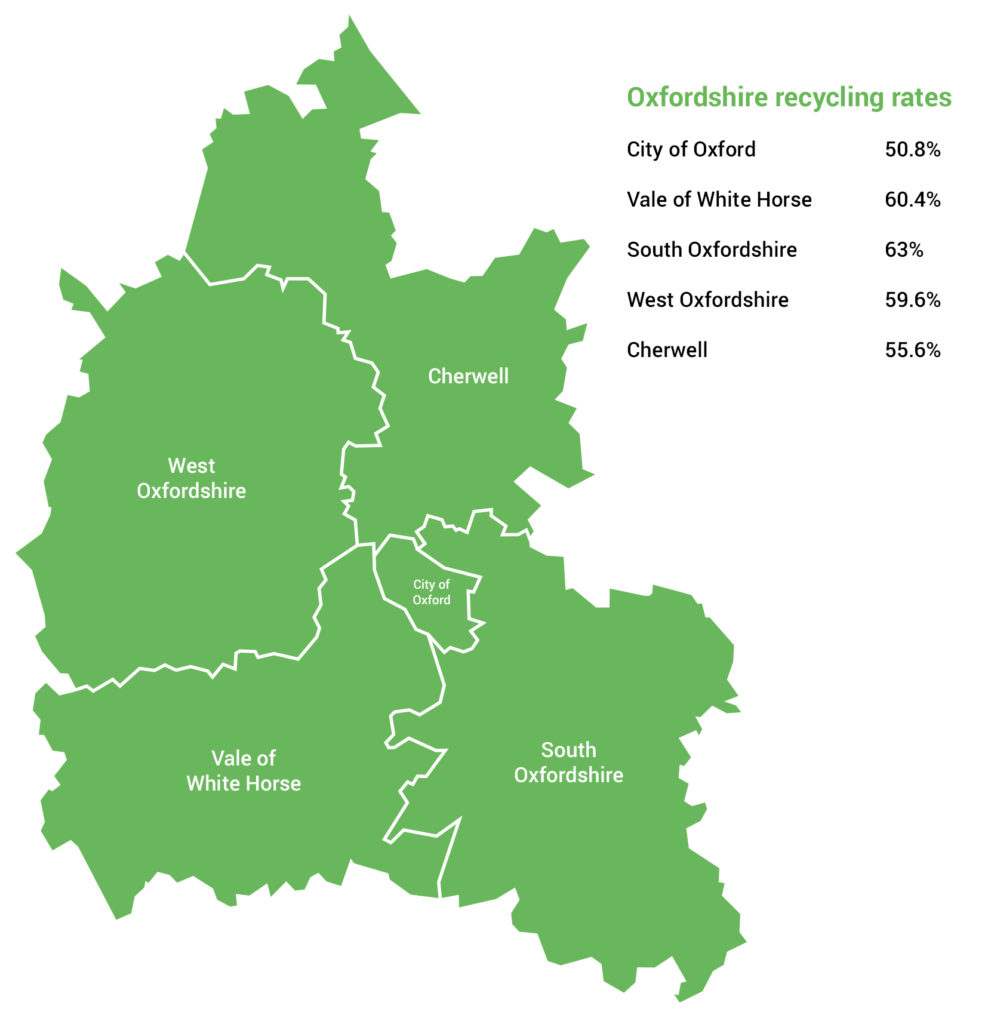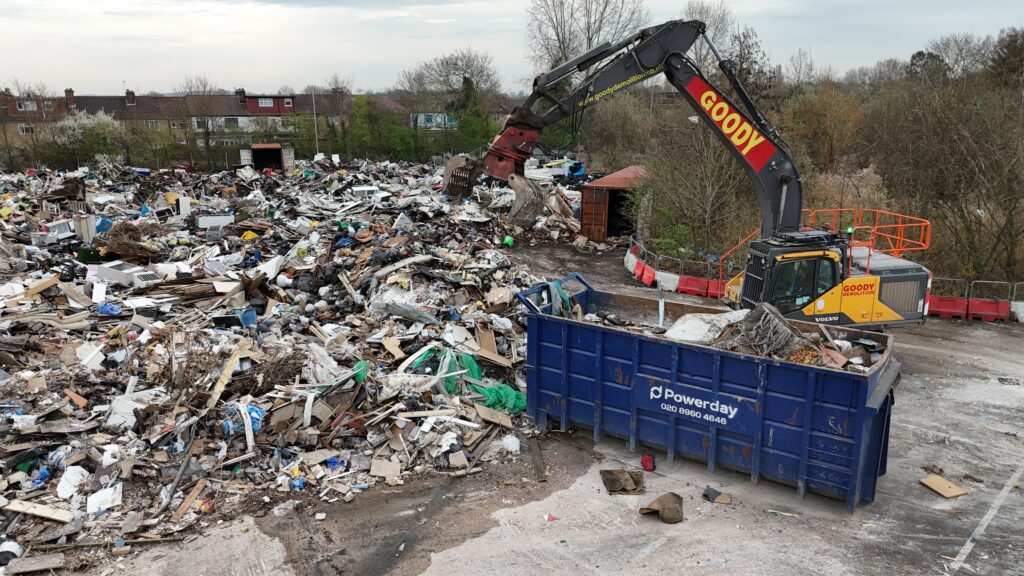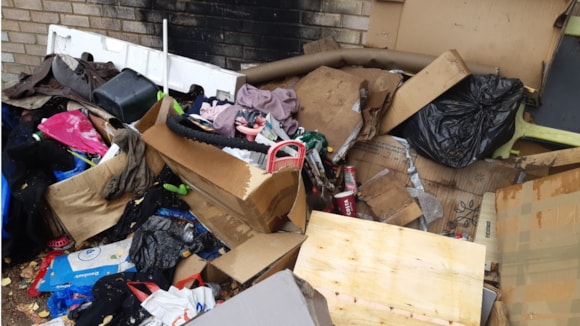The Oxfordshire Environmental Partnership (OEP) will reform Oxfordshire’s Resources and Waste Strategy. The OEP includes all five district councils responsible for waste collection in the county – Oxford, Vale of White Horse, South Oxfordshire, West Oxfordshire and Cherwell – along with Oxfordshire county council.
So far the group has decided to adopt the Resources and Waste Strategy for Oxfordshire 2018-2023 which aims to keep growth of household waste at net zero per person and recycle 70% more waste by 2030. The OEP will also reinstate the full-time position of partnership officer, working on behalf of all councils on waste issues.
Oxfordshire county council will contribute £50,000 per year to the new partnership, whilst each district council will provide £10,000 annually. It is anticipated that these funds from district councils will come from an increase in recycling credits.
At a discussion of the partnership at Oxford city council, Cllr Tom Hayes – the city’s cabinet member for Zero Waste Oxford – said the proposal of the partnership was timely given the current enthusiasm for tackling the climate emergency.
Oxford also noted that the Resource and Waste Strategy was ambitious and the Partnership would facilitate good countywide political working to help achieve those ambitions.
History
The original Oxfordshire Waste Partnership (OWP) began informally in 2003 and was given formal structure in 2007.
The OWP agreed the first Joint Municipal Waste Management Strategy for the county which set out the steps it wished to make to move from a recycling rate of around 33% to 55% in 2020. In 2010/11 the county had reached a 60% recycling rate.
Despite success in pushing up the region’s recycling rates, in April 2015 the partnership was disbanded due to a cut in funding from Oxfordshire county council. This decision was opposed by many district councils.
The OEP was formed in 2014 as a meeting of cabinet members and officers from across the six local authorities in Oxfordshire. After the dissolution of the OWP it took on the countywide view of waste and recycling issues.
The OEP shares best practise, reviews performance and discusses policy on environmental issues. It has no decision making powers, but can make recommendations.











Subscribe for free